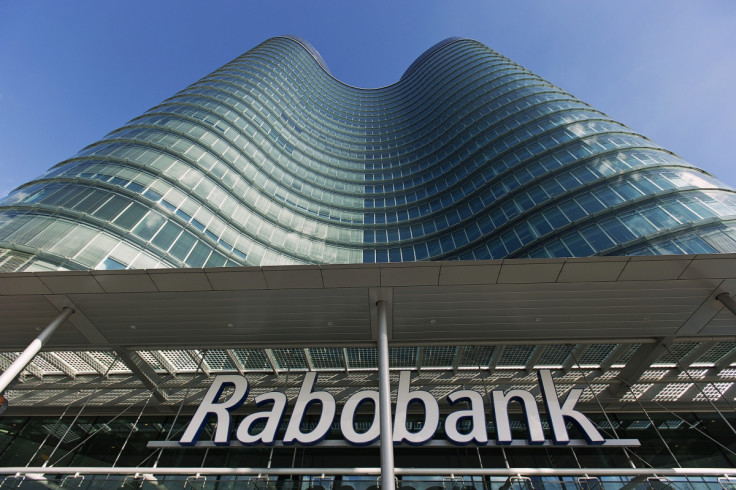Libor fixing scandal: FCA bans convicted ex-Rabobank trader Paul Robson

The Financial Conduct Authority (FCA) has banned a former senior banker at Dutch-based Rabobank over Libor rate rigging.
Paul Robson, who earlier pleaded guilty in the US to attempts to manipulate the benchmark interest rate, has become the first trader to be banned by the regulator. The Briton was the second former employee of Rabobank to admit guilt in the US over Libor rigging.
Robson pleaded guilty in a Manhattan court to being part of a scheme to fix the yen Libor rate in order to benefit trading positions between 2006 and 2011, after being charged by the US Department of Justice. He will be sentenced in 2017.
In June this year, ex-Rabobank trader, Takayuki Yagami, also pleaded guilty to one count of conspiring to commit wire fraud and bank fraud in relation to Yen Libor manipulation.
"No excuse can be made for Robson's behaviour, which was particularly serious. He was the primary submitter of yen Libor at Rabobank for a number of years and experienced in the market. He knew what he was doing was wrong," said Georgina Philippou, acting director of enforcement and market oversight at the FCA.
In 2014, Rabobank paid $1bn (£676m, €944m) to US and European regulators for its part in the Libor rigging scandal.
Libor valuations directly influence the value of trillions of dollars of financial deals between banks and other institutions.
The benchmark reference rates are used in euro, US dollar and British sterling over-the-counter interest rate derivatives contracts and exchange-traded interest rate contracts.
Regulators in the US and Europe have been investigating whether banks attempted to manipulate Libor and other key interest rates for their own benefit. The banks, who have been fined so far include Barclays Bank, Royal Bank of Scotland and Lloyds Bank.
© Copyright IBTimes 2025. All rights reserved.






















